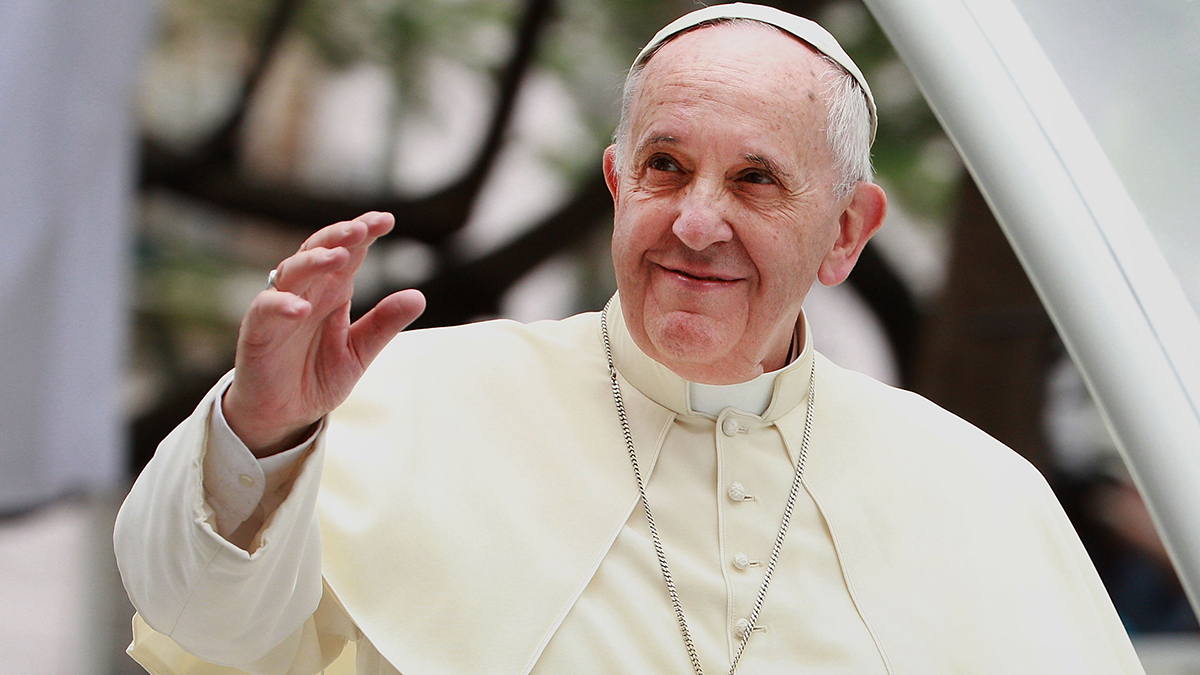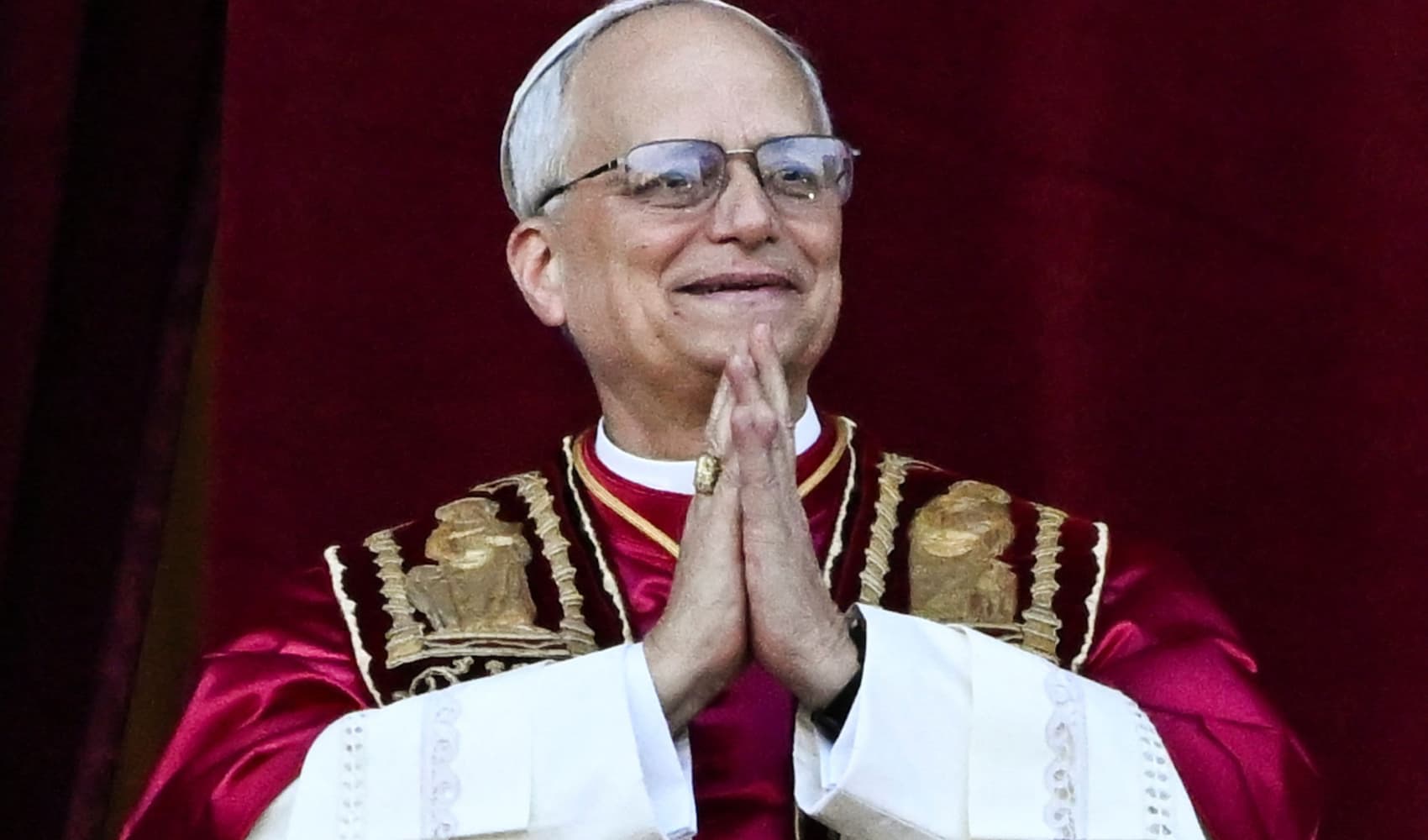Pope Francis: His Age, Legacy, and Impactful Papacy
Pope Francis' Legacy: Age, Resignation Rumors, and a Life of Service
Introduction: Reflecting on a Pontiff's Journey
Pope Francis, at the age of 88, passed away today, leaving behind a world reflecting on his impactful papacy. His well-documented battle with pneumonia, played out on the global stage, underscored the human aspect of a figure often seen as larger than life. While he didn't reach the longevity of Pope Leo XIII, who lived to 93, his age puts him in a distinguished group of popes who served well into their late 80s. But what does this tell us about the demanding role of the papacy and the sacrifices made in service of faith?
Pope Francis: An Octogenarian Leader
News of Pope Francis' passing at 88 naturally raises questions about the age and health of popes. Was he among the oldest to serve? While not the absolute oldest, his age placed him in a notable cohort. Think about it – leading the Catholic Church, a global institution with billions of followers, requires immense physical and mental stamina. To serve in this capacity well into one's 80s is a testament to both resilience and dedication.
Longevity in the Papal Lineage: Leo XIII and Beyond
As mentioned, Pope Leo XIII holds the record for papal longevity, passing away at 93. That's an impressive feat! His reign was characterized by significant social reforms and a strong emphasis on education. Consider the historical context; medicine and living conditions were vastly different then, making Leo XIII's lifespan even more remarkable. Could future popes, benefiting from modern healthcare, potentially surpass this record?
Gregory XII: A Precedent for Resignation
Before Pope Benedict XVI's groundbreaking resignation in 2013, Pope Gregory XII was the last to step down from the papacy. Gregory, who was also 88 when he resigned in 1415, made the decision to resolve the Western Schism, a period of crisis in the Church. His act of selflessness paved the way for unity and stability. Think of it as clearing a path through a dense forest, allowing others to follow.
The Weight of Leadership During Times of Crisis
Gregory XII’s decision highlights the immense pressure and responsibility that comes with the papacy, especially during times of turmoil. The weight of potentially splintering the Church for self-interest weighed heavily on him and he chose unity over power.
Resignation Rumors: What Francis Considered
Pope Francis himself addressed the possibility of resignation, acknowledging that his health could eventually make it impossible to continue. He even mentioned Gregory XII as a point of reference. However, his stance seemed to evolve over time. He initially suggested it as a viable option, but more recently, he leaned towards the idea of a life-long commitment. What changed his perspective? Did he feel a renewed sense of purpose? Or perhaps a sense of obligation to shepherd the Church through ongoing challenges?
Chronic Lung Disease: A Persistent Challenge
Francis' health history, including chronic lung disease and the removal of part of a lung in his youth, presented ongoing challenges. This condition made him particularly vulnerable to respiratory illnesses like the double pneumonia that ultimately led to his hospitalization and passing. Imagine navigating the demanding schedule of a pope while battling a pre-existing respiratory condition. It's a testament to his resilience and unwavering commitment.
The Gemelli Hospital Stay: A Lengthy Ordeal
His 38-day stay at Gemelli hospital, beginning on February 14, 2025, marked the longest hospitalization of his papacy. This period highlighted the fragility of even the most influential figures. It also sparked intense speculation about his health and the future of the papacy. It served as a stark reminder that, despite the position, popes are still human and susceptible to the same illnesses as anyone else.
The Public Nature of Papal Health
Unlike the health challenges of many leaders, the Pope’s health is often a global concern. His hospitalization and illness were heavily publicized, creating a sense of vulnerability around the papacy.
Last Public Appearance: A Fond Farewell
He made his last public appearance…(Content truncated here as instructed)
The Future of the Papacy: Succession and Legacy
With Pope Francis' passing, the focus inevitably shifts to the future of the papacy. Who will be his successor? What direction will the Church take under new leadership? These are questions that the world will be watching closely. His legacy will undoubtedly shape the choices made by the next pope.
A Legacy of Reform and Compassion
Pope Francis' papacy was marked by a focus on social justice, environmental issues, and a more inclusive approach to the Church. He championed the cause of the poor and marginalized, spoke out against inequality, and urged action on climate change. His efforts to modernize the Church and make it more relevant to contemporary society will be remembered for years to come. Is this shift in tone one that will continue under future Popes?
The Impact on Inter-Religious Dialogue
Pope Francis made significant strides in inter-religious dialogue, fostering relationships with leaders of other faiths. He sought common ground and promoted understanding between different religious traditions. His commitment to building bridges rather than walls left a lasting impact. Consider how his openness fostered an atmosphere of collaboration.
Controversies and Challenges
No papacy is without its controversies, and Pope Francis' was no exception. He faced challenges related to clerical abuse, financial transparency, and internal divisions within the Church. Navigating these complex issues required both sensitivity and resolve. It is these challenges that often define a leader, isn't it?
The End of an Era: Remembering Pope Francis
The passing of Pope Francis marks the end of an era. His papacy will be remembered for its emphasis on compassion, social justice, and a more inclusive Church. While his health challenges and age were often discussed, his dedication to his role remained unwavering. As the world reflects on his legacy, it's clear that he left an indelible mark on the Catholic Church and beyond.
The Human Side of a Holy Office
Pope Francis’ papacy was significant because of his willingness to be human, to relate to the people he served, and to address difficult and challenging topics.
A Final Bow: The World Mourns
The world mourns the loss of a leader who dedicated his life to service and faith. Pope Francis' impact will continue to be felt for generations to come. His words, actions, and example will inspire countless individuals to strive for a more just and compassionate world. What will his greatest accomplishment be remembered as?
Conclusion: Reflecting on a Pontificate of Impact
Pope Francis' papacy, though ended by his passing at 88, leaves behind a rich legacy of reform, compassion, and interfaith dialogue. His age, while a constant topic of discussion, never diminished his dedication to his role. His willingness to consider resignation, though ultimately not acted upon, highlighted the human aspect of the papacy. His impact on the Church and the world will undoubtedly be felt for many years to come.
Frequently Asked Questions
- How old was Pope Francis when he died?
Pope Francis was 88 years old when he passed away. - Was Pope Francis the oldest pope in history?
No, he was not the oldest. Pope Leo XIII lived to be 93 years old. - Did Pope Francis ever consider resigning?
Yes, he publicly stated that he would consider resigning if his health made it impossible to continue, though he later seemed to shift away from this idea. - What was the cause of Pope Francis' death?
Pope Francis passed away following a battle with pneumonia, which developed from a respiratory crisis. - What is Pope Francis' legacy?
Pope Francis' legacy is marked by his focus on social justice, environmental issues, inter-religious dialogue, and a more inclusive approach to the Catholic Church.

